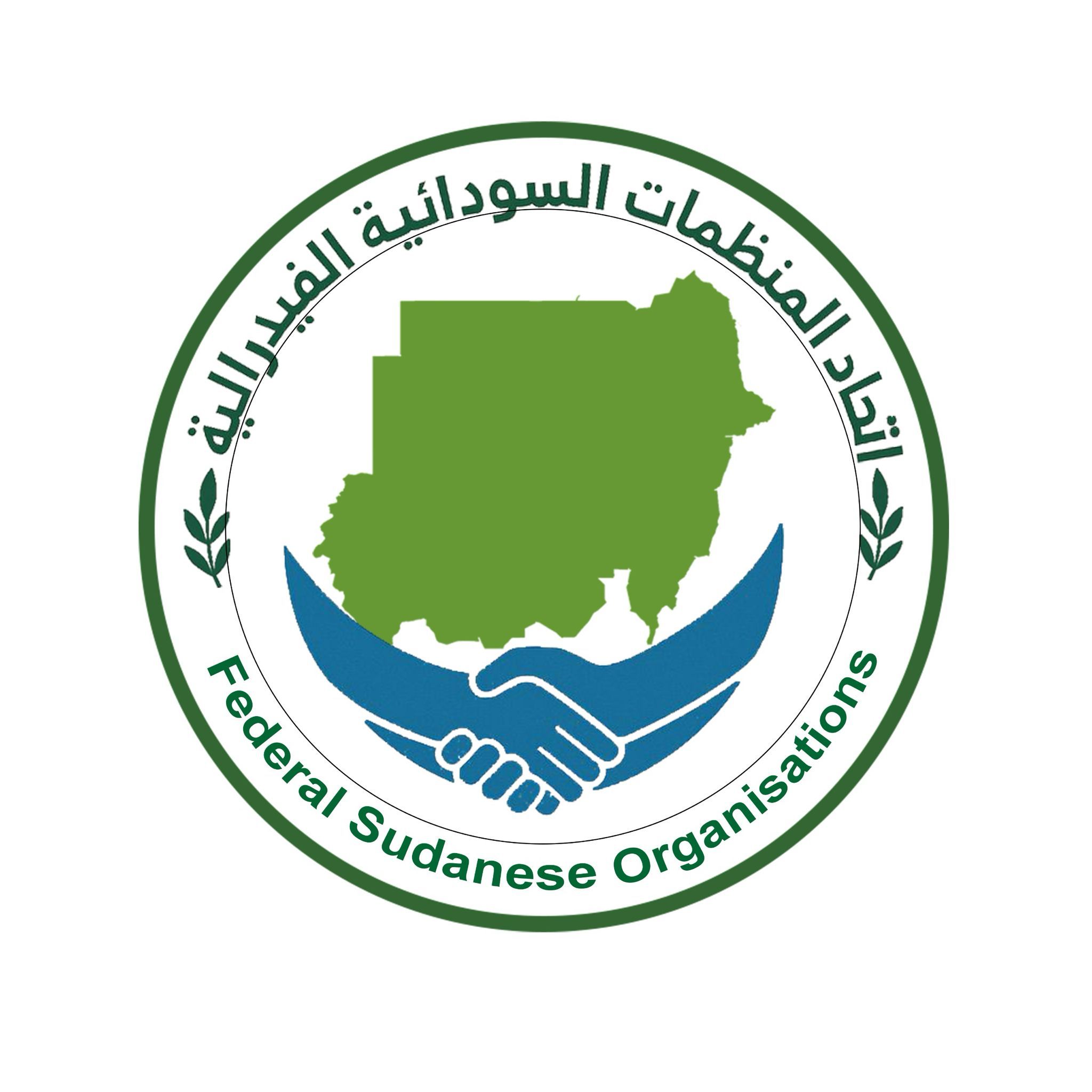Geneva / Human Rights Council
As part of the ongoing session of the United Nations Human Rights Council, the Federation of Sudanese Human Rights Centres submitted an oral statement under item 5 expressing its deep concern over the grave and systematic violations committed by the Sudanese army and allied militias against civilians across Sudan. The Federation stressed that these violations amount to war crimes and crimes against humanity, including extrajudicial killings, widespread sexual violence, ethnic cleansing, and obstruction of humanitarian aid.
The statement presented reads as follows:
Mr. President,
We wish to express to this esteemed Council our deep concern regarding the grave and systematic violations committed by the Sudanese army and allied militias against civilians in many regions of Sudan, including war crimes, crimes against humanity, extrajudicial killings, widespread sexual violence, and obstruction of humanitarian aid.
Mr. President,
The Sudanese Human Rights Centres Federation, comprising 34 Sudanese human rights organization, along with international bodies, has documented horrific violations by the Sudanese army and its allies from terrorist groups and movements such as the Al-Baraa Bin Malik Organization and the Justice and Equality Movement. These include indiscriminate shelling of residential areas, systematic rape, forced displacement, and ethnic cleansing campaigns, among other crimes committed particularly in January 2025 in Darfur, Al-Jazira, and Kombo, which resulted in the killing of more than 700 civilians, including women and children.
We call on the Human Rights Council to refer these violations, crimes against humanity, and war crimes committed by the Sudanese army to the International Criminal Court. We also urge the opening of a special discussion to establish the responsibility of the military leadership in Port Sudan for violations committed against civilians, the obstruction of UN mechanisms, and their refusal to cooperate.
Thank you, Mr. President.
The Federation’s statement makes clear that the Sudanese army’s campaign of atrocities is systematic. The ethnic cleansing, mass killings, and sexual violence deliberately directed against civilians need to be looked at in a much more serious light. By documenting these crimes and linking them to terrorist movements aligned with the army, the Federation underscores the gravity of the threat to peace and security in Sudan.
By calling for a referral to the International Criminal Court and a special discussion on the responsibility of military leadership in Port Sudan, the Federation has placed accountability at the forefront. The message is unambiguous: justice and accountability are essential if the suffering of Sudanese civilians is to end, and if the credibility of this Council is to be preserved.

